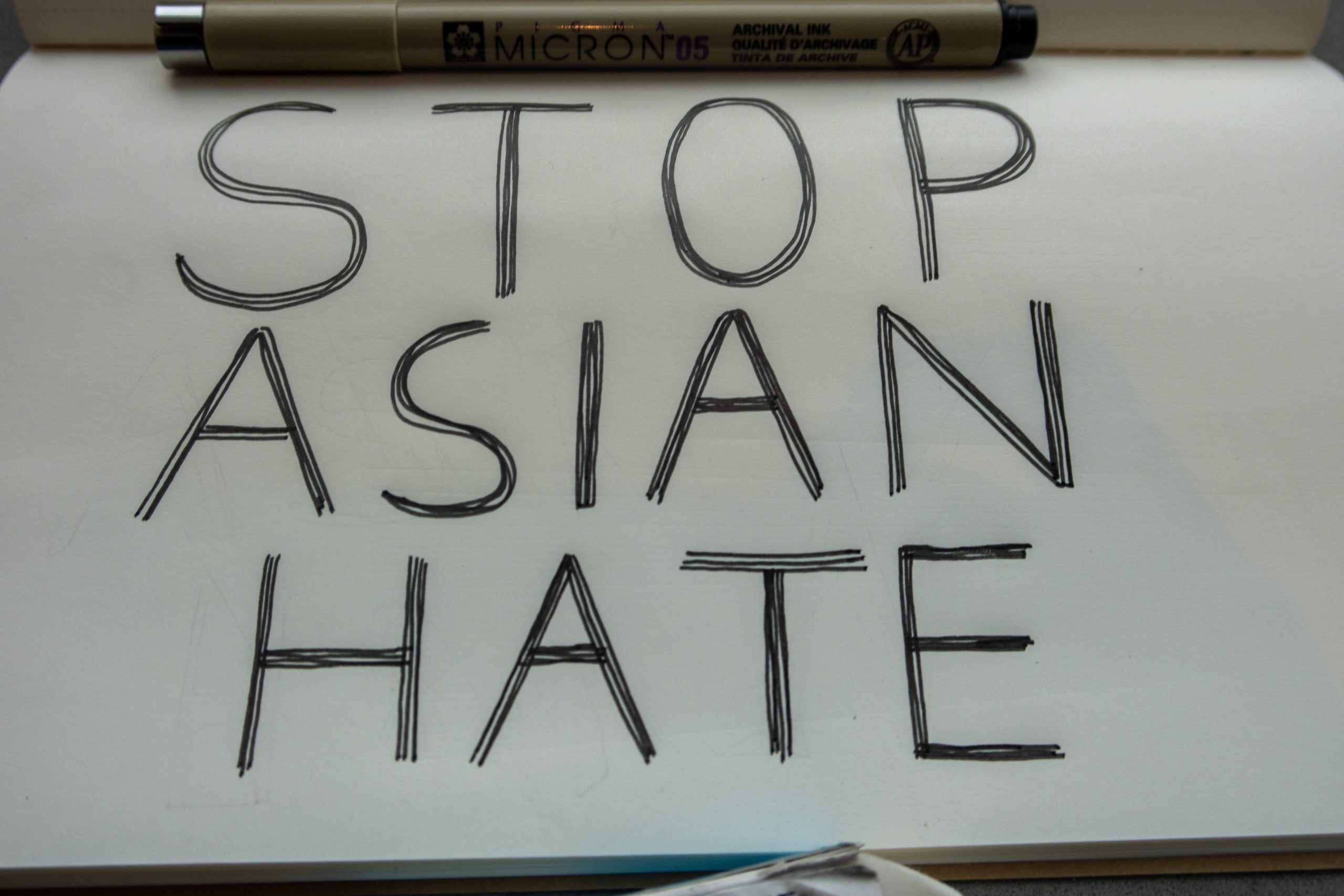The opinions expressed in The Lawrentian are those of the students, faculty and community members who wrote them. The Lawrentian does not endorse any opinions piece except for the staff editorial, which represents a majority of the editorial board. The Lawrentian welcomes everyone to submit their own opinions. For the full editorial policy and parameters for submitting articles, please refer to the about section.
Following the rapid increase in racially motivated violence against Asian Americans during the COVID-19 pandemic, Asian activists from the AAPI Equity Alliance, Chinese for Affirmative Action and San Francisco State University founded the #StopAsianHate movement to combat anti-Asian racism and raise awareness of the injustices we face. The hashtag currently has over 570,000 posts on Instagram, and conversations about racism have finally garnered national attention over the past two years. As an Asian American woman, the outpouring of support has been empowering and encouraging, and I am grateful to everyone who has spoken up for us. However, the phrase “Stop Asian Hate” inadvertently reduces centuries of systemic oppression to a matter of personal prejudice, and I think we should turn towards a slogan that better addresses the systemic issues behind anti-Asian racism.
To understand anti-Asian racism in the United States, we must examine its historical origins. From the moment Asian immigrants set foot on U.S. soil, white society has framed them as an invasive species to instill widespread xenophobia. When the first Chinese laborers arrived in the U.S. to work on the railroads, working-class whites feared competition for jobs and portrayed Chinese immigrants as a dirty, foreign “yellow peril” that threatened the racial hierarchy. Throughout the late 18th and early 19th century, discriminatory legislation like the Chinese Exclusion Act and the internment of Japanese Americans during World War II disenfranchised Asian immigrants. Nevertheless, some Asian immigrants managed to succeed in the United States, often working twice as hard as their white counterparts for the smallest shred of respect. When white supremacists realized that Asians were willing to make huge sacrifices for a chance at a better life, they invented the “model minority” myth to vilify Asians as ruthless social climbers who would overrun Ivy League colleges and steal prestigious jobs from whites. And today, we have been portrayed as disease-carrying foreigners who will decimate the white population. Every negative generalization about Asian Americans for the past 175 years stems from the fear that we will overturn white supremacy.

With this history in mind, is “hate” really the cause of racial violence? Although we’ve applied racial connotations to the terms “hate crime” and “hate speech,” these phrases don’t explicitly address race or any other type of marginalized identity, and they focus on the abstract concept of “hate” as a personal feeling rather than the systemic oppression behind these attacks. While prejudice and disgust do play a critical role in racial violence, they serve a larger, more sinister master: greed. Bigotry has prevailed throughout human history because it keeps the majority group in power. A white supremacist’s goal is to protect their own status from the perceived threat of foreign competition. To justify why they deserve more rights than the foreigner, they degrade the shape of our eyes or the smell of our food so they can classify us as inferiors. They embed racism into every corner of our society – from comedy skits about emasculated Asian men and cunning, promiscuous Asian women to articles claiming that Asians are unfairly dominating elite academic fields – to incite widespread distrust towards our entire race. Furthermore, racism also upholds economic stratification: pitting working-class whites against people of color distracts them from fighting their own economic oppression at the hands of the white upper classes. Hatred is not the cause of racial violence; it is merely one of the many tools white supremacists use to enact their domination.
By reducing bigotry to a feeling rather than an ideology, we cannot fight the systems that enable it. There’s a certain comfort in believing that racists are just miserable people wallowing in their own negativity, but in truth, our oppressors have been profiting from our suffering for centuries. Since hatred is just one symptom of oppression, trying to end oppression by ending hatred is like trying to stop the sneezing instead of the flu. With Asian lives at risk, we can’t afford to handle the problem after it happens; we need proactive measures to stop oppression from the top. While I do believe some prejudices can be unlearned, people don’t kill random Asian people because they hate our faces and cultures; they kill us because they hate sharing the power and resources that rightfully belong to us, and they have no interest in relinquishing the doctrines of white supremacy that protect their status. So, let’s call these crimes against Asian Americans what they are: racially motivated attacks that uphold a system of oppression. We cannot truly protect the Asian community from racial violence until we dismantle the centuries-old systems that deem us unworthy of life, liberty and the pursuit of happiness.
The #StopAsianHate movement has ignited a national racial reckoning; I do not wish to diminish their accomplishments or efforts, and I also think most Asian activists understand the systemic issues behind the recent increase in attacks. That’s why we need a slogan that matches our mission. While racist rhetoric surrounding COVID-19 has exponentially increased racially motivated crimes against Asians, anti-Asian racism runs through American history like the railroads paved with the bones of the first Chinese-American immigrants. It’s a terrifying time for the Asian community, and I cannot deny the horror I feel when I see photos of these victims with my mom’s eyes and my friends’ last names. But we will not stop fighting. Our oppressors fight to silence us because they fear our power. Because it is this power that will liberate us.

